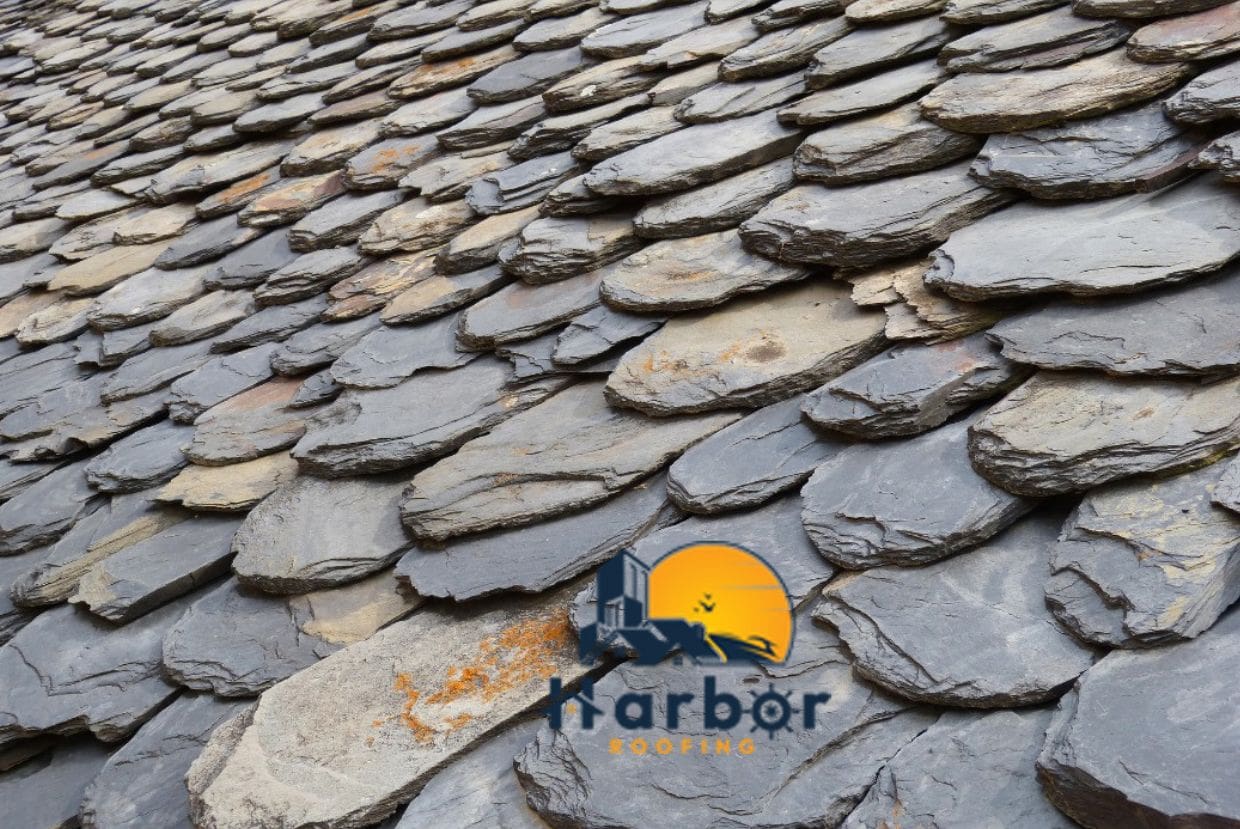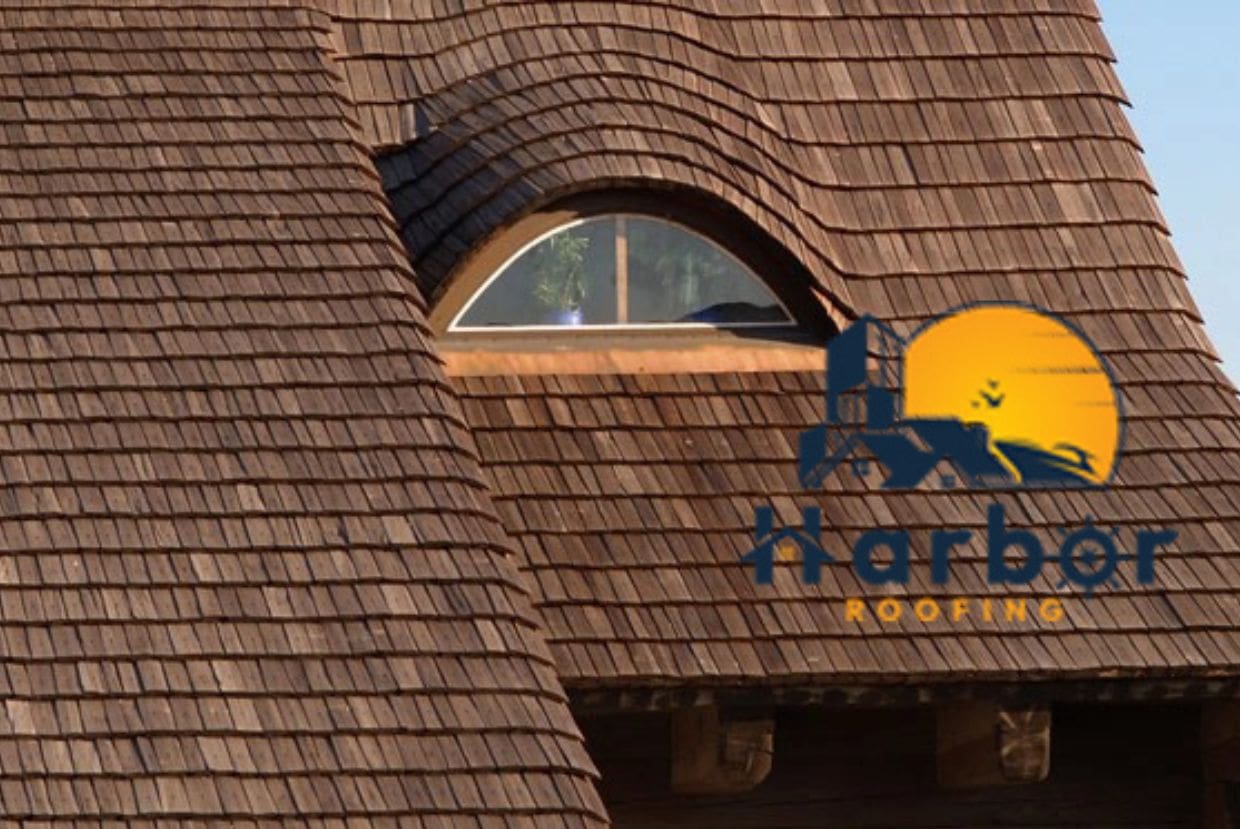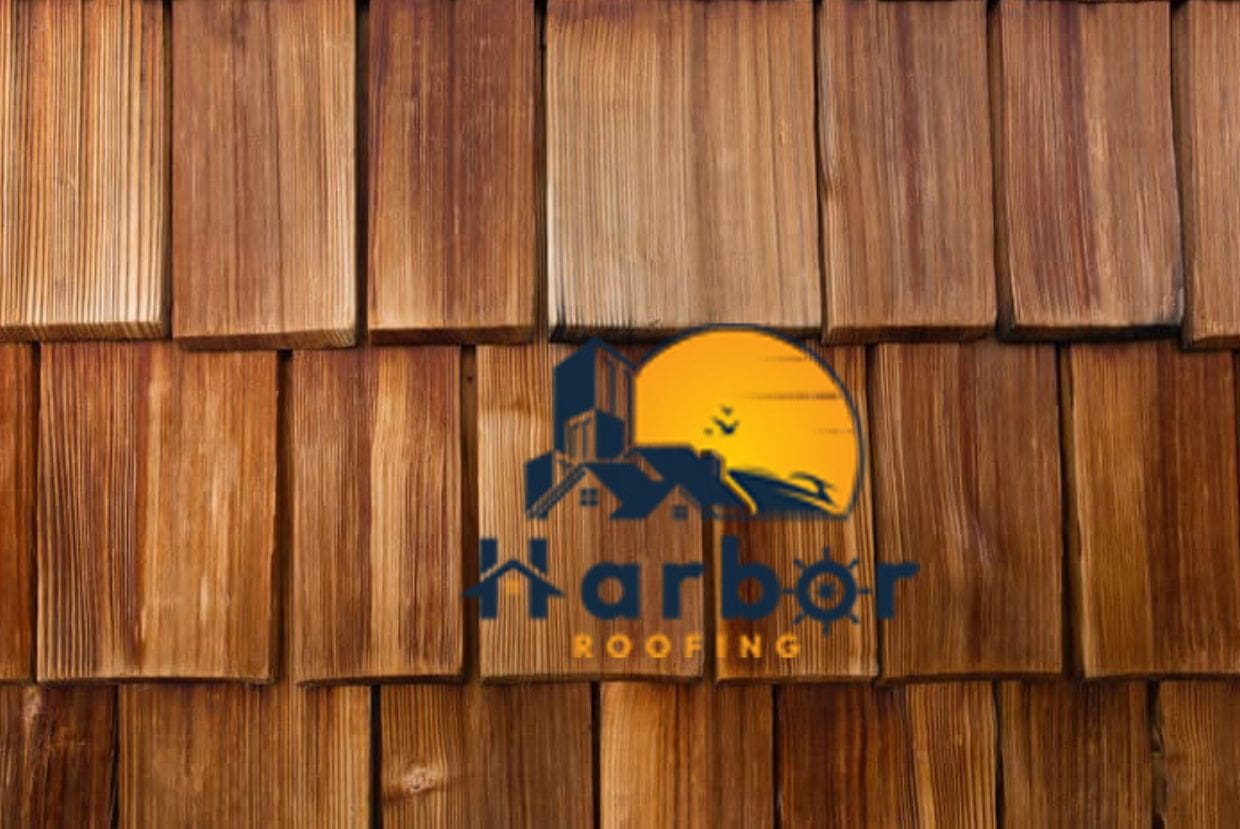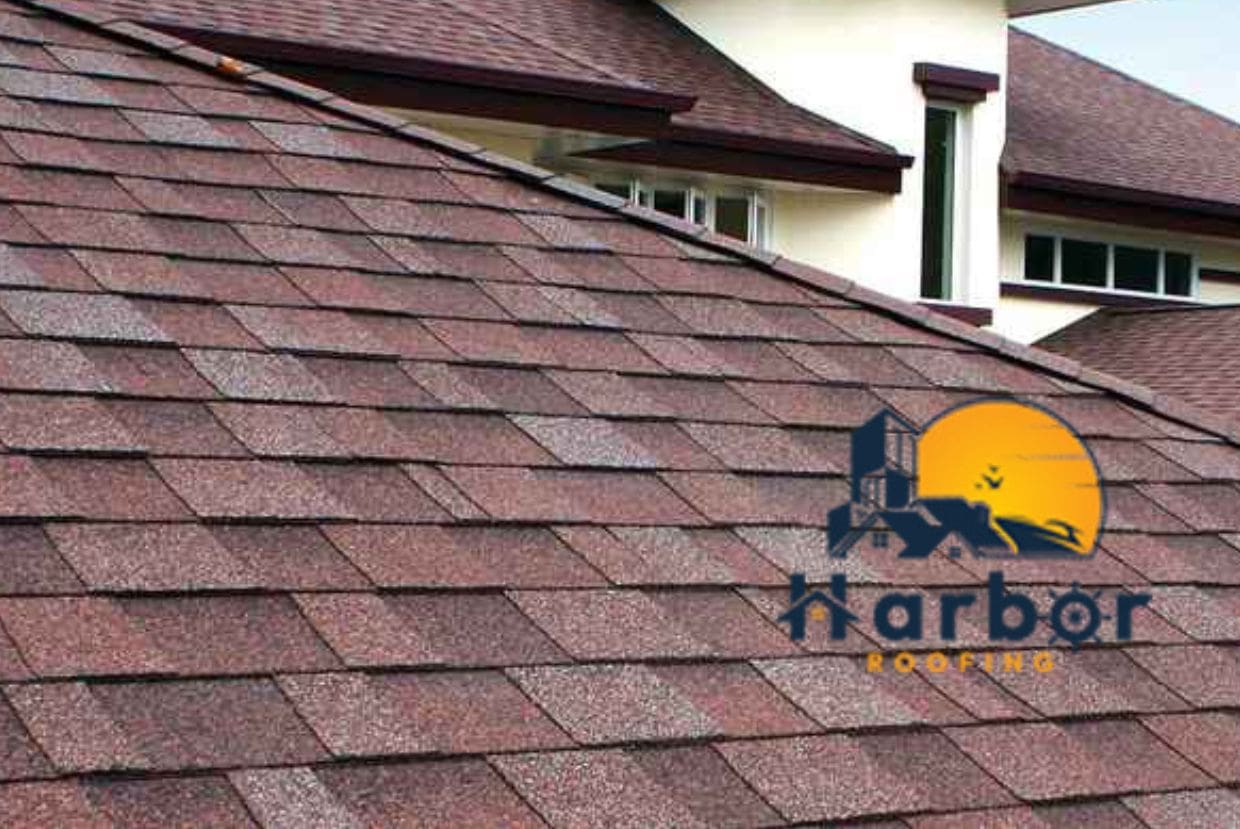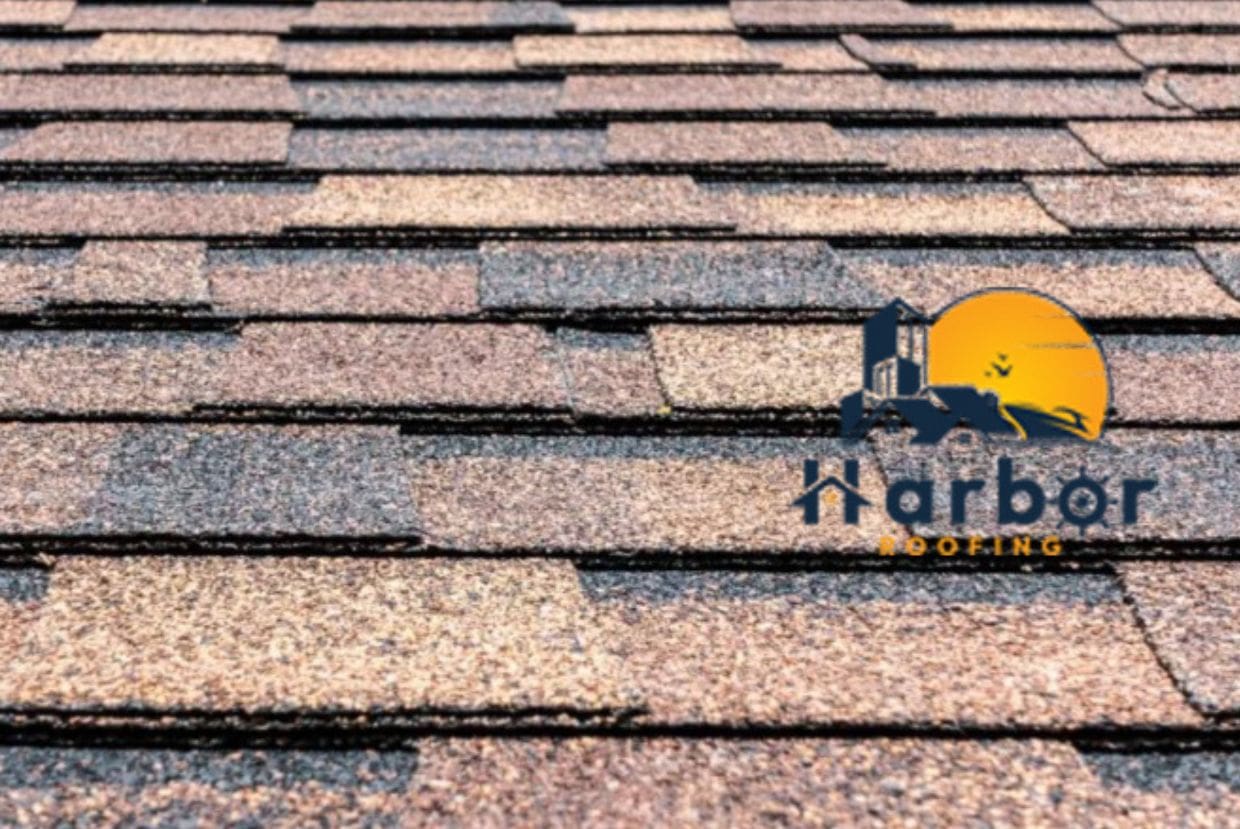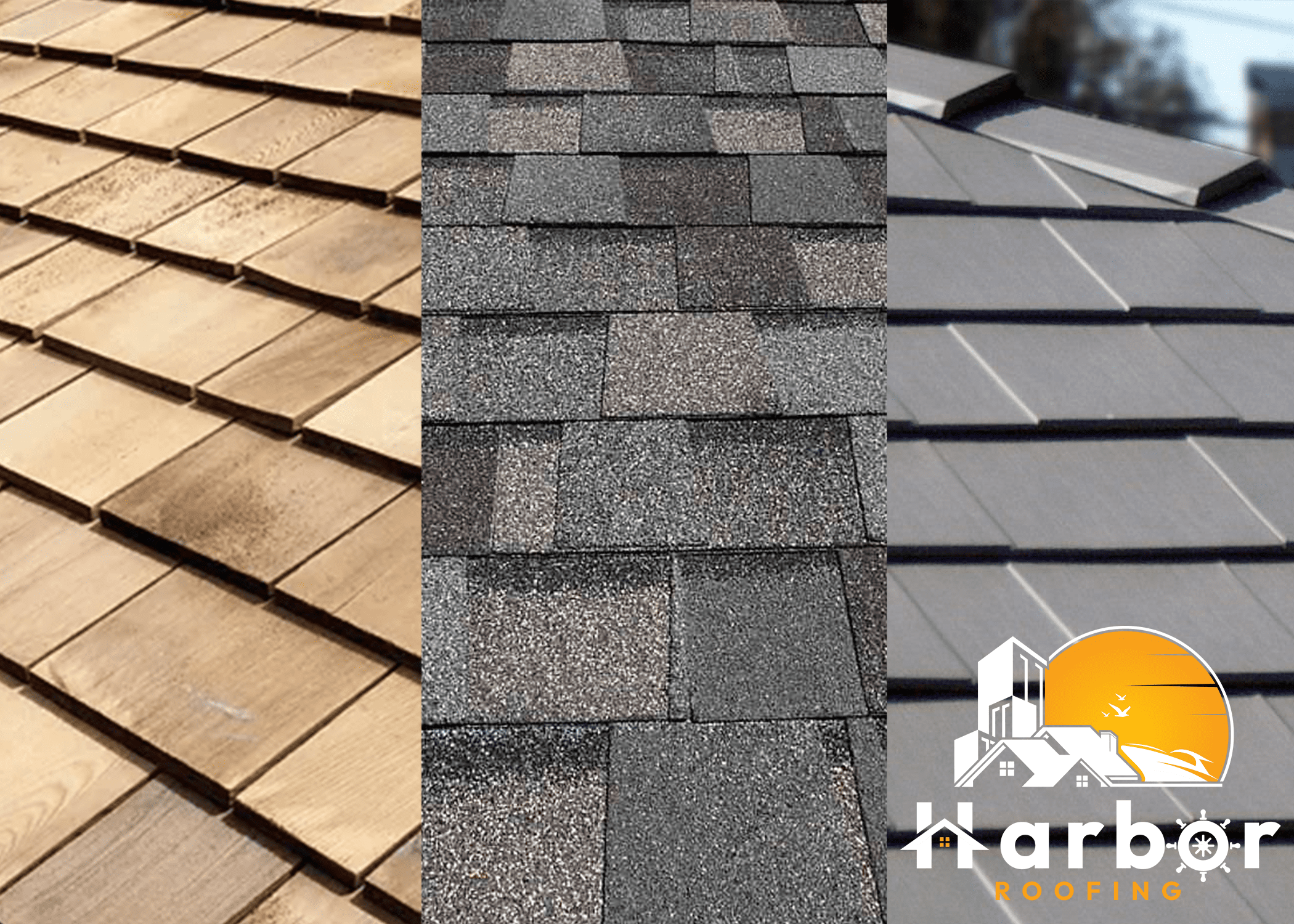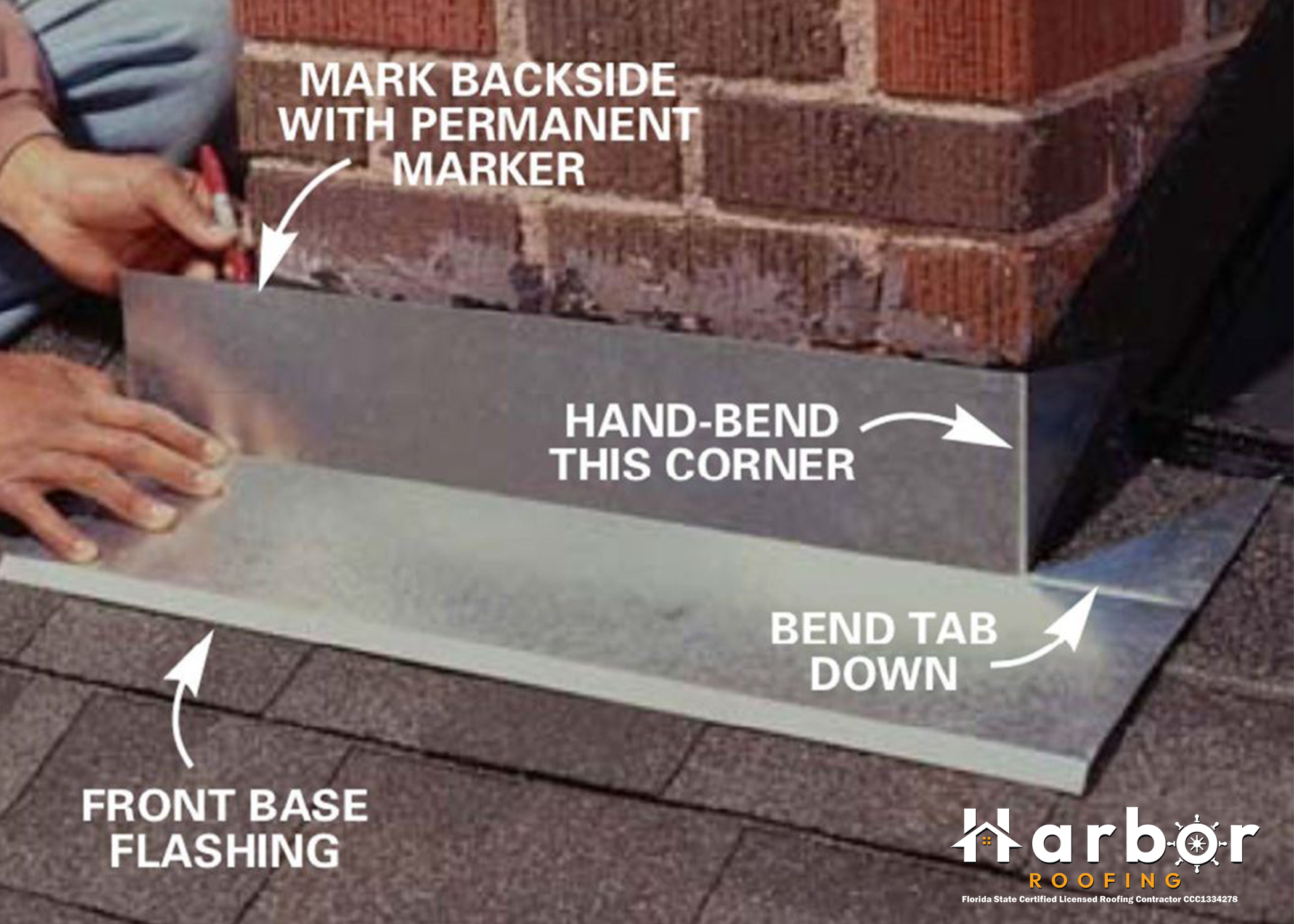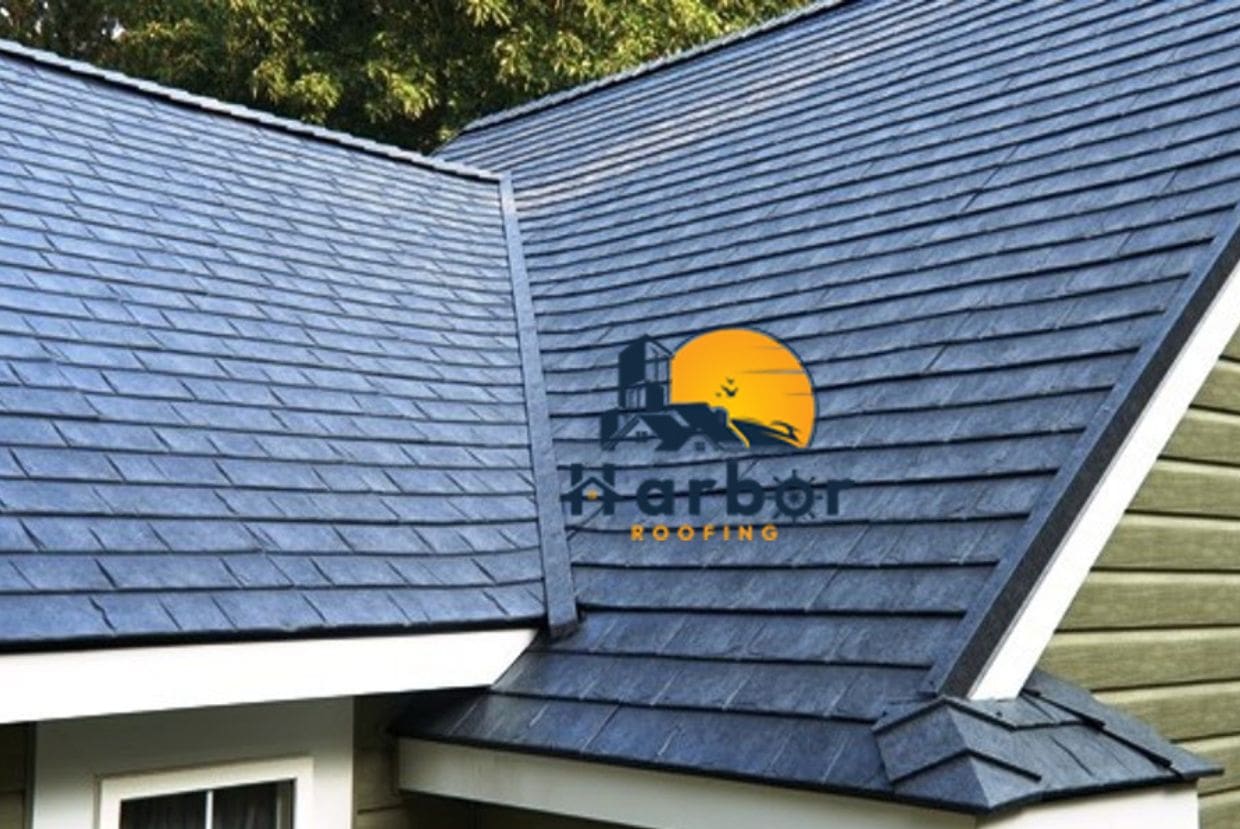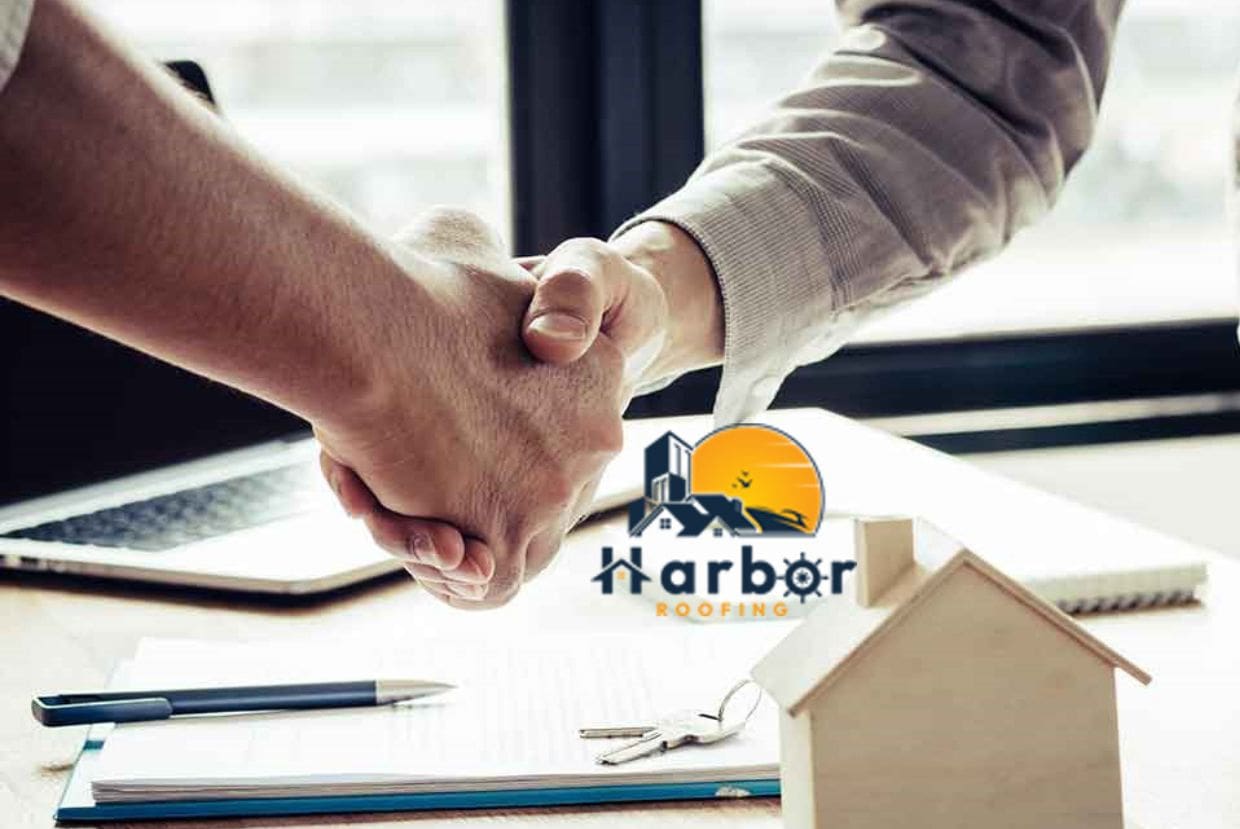Metal roofing has become reliable despite the ever-changing environmentally friendly building techniques and modern construction. This is because it is durable and is not harmful to the environment. Despite this quality, homeowners still want to get the most out of their metal roofing, and this is where metal roof coatings enter the conversation.
These new protection layers are an essential way to improve the performance of a roof, make it last longer, and lessen its impact on the environment. But there’s more you need to know. In this article, you’ll learn about the different kinds of coatings, how they work, and which will work best for your roof.
What Is Metal Roof Coating?
Metal roof coats are protective layers that people put on metal roofs to make them last longer and be more durable. These coats can help stop leaks, rust, and rusting. They can also keep the building cooler by blocking heat and light.
There are different kinds, and putting one on your metal roof can be a great way to keep it in good shape and make it last longer.
5 Things You Need to Know About Metal Coating
- Protection: Coatings on metal roofs add an extra layer of defense against rust, corrosion, and leaks, which can help the roof last longer.
- Savings on costs: Coatings can save homes money on fixes and replacements by keeping the roof in good shape and making it last longer.
- Savings on energy: Some paints have reflective qualities that can help save energy by keeping the building cooler and absorbing sunlight.
- Maintenance: Coatings may need to be reapplied and maintained from time to time to keep working well.
- Compatibility: To ensure the covering sticks well and works well, pick one suitable for the type of metal roof you have.
7 Types of Metal Coating
When choosing a coating for your metal roof, let me tell you, you’ll be faced with a dilemma because there are a couple of options. Shortly, you’ll learn about some of the options available to you. It should make your decision-making easier.
Acrylic Coating
This type of coating is quite popular among its “peers.” Acrylic coatings are versatile, affordable, and easy to use. These coats are water-based and offer just the right amount of UV protection, which makes them suitable for many uses. They stick together to make a smooth, bendable film that covers the roof’s surface. The film keeps water out and prevents fading when exposed to sunlight.
Silicone Coating
Do you have a flat or low-sloped roof? If you do, this is definitely the right coating choice for you. Silicone coats are very good at resisting aging and stagnant water, making them beneficial in places where it rains or water pools. In addition, their ability to stick even in harsh situations guarantees long-lasting security.
Bitumen-Based Coating
Whenever you come across “asphalt coating,” just know they refer to bitumen-based coating. It’s a tried-and-true choice that does an excellent job of preventing water penetration. You can apply either hot or cold to make a thick layer that seals the roof and keeps it safe from environmental hazards and water.
TPO Coating
This is also an excellent choice for a flat or low-sloped roof. TPO coatings are ideal for protecting against the weather and saving energy because they reflect sunlight and prevent the absorption of heat. Their ability to not give in to stagnant water, mildew, and mold growth makes them a bankable choice for several applications.
Elastomeric Coating
Elastomeric coating is highly valued for its high elasticity and flexibility. You can use it on roofs that go through significant changes in temperature and structure movement. Their ability to expand and contract causes them to stand the test of time. They also protect your roof against water damage and heat stress for a long time.
Fluoropolymer Coating
This coating is resistant to UV light and retains color. These qualities cause it to last a long time. Fluoropolymer coats do an excellent job protecting industrial metal roofs from damage caused by environmental hazards.
Polyurethane Coating
This one is a top contender when it comes to durability and endurance. They are perfect for buildings exposed to harsh weather and get a lot of foot traffic because they are strong. Because they are very pliable, the layer can bend and shrink when the temperature changes. This prevents it from peeling or cracking over time.
Benefits of Metal Roof Coating
- Protects metal from rust and corrosion
- Reflects sunlight with innovative technology
- Slows down the rate of deterioration
- It cuts down on energy consumption.
- Slows down the uptake of heat
- Cuts down on carbon footprint
- Could lower energy bills
Properties of an Effective Metal Roof Coating
Durability
Durability is an essential part of any good coat. This property ensures that the coat can stand up to the test of time and nature’s harsh elements. If a coat lacks this property, it defeats the process of coating. A durable coating will shield the metal surface from scratches, weather-related stresses, and possible impact damage, keeping the roof’s structure strong for many years.
Protection from UV rays
Over time, UV rays can cause your roof to deteriorate because of constant exposure. A good coat that is very resistant to UV rays can protect your metal roof from these hazardous rays, even if your roof isn’t cool. Therefore retaining your roof’s color and aesthetics.
Resistance to Corrosion
A good coat must be highly corrosion-resistant to keep the metal base safe from elements that may corrode it and moisture. An effective coating that prevents rust helps keep the roof’s structure strong and makes it last longer.
Adhesion
Coatings that work well should stick firmly to metal surfaces to create a long-standing bond that won’t easily break down. Pick a coat compatible with your metal roof type to get the best results and avoid problems from arising.
Water-Resistance
To stop rusting, corrosion, and leaks inside the building, it’s essential to keep water out. For reliable protection, a good roof covering or coating should form a seamless, tight shield that keeps the roof from leaking, even when the rains are heavy and constant.
Energy Efficiency
If you are very serious about keeping the environment safe, energy efficiency must be essential to you. So, consider using a shiny layer to reduce the energy absorption rate, which will lower the amount of cooling your HVAC system has to do. It will, in turn, help you consume less energy, which is good for the environment.
Elasticity and Flexibility
A steady change in temperature can damage screws and other roofing parts because metal panels and roofs expand and contract. A good coating should be elastic and bendable enough to bend and stretch without cracking or peeling. It helps the covering stay solid and works well in all kinds of weather.
Pros and Cons of Metal Roof Coatings
Pros
- Provides protection: When you coat your metal roof, you add an extra layer of defense against leaks, corrosion, and rust. Therefore, causing your roof to last longer can make your roof last longer.
- Savings on costs: When you coat your metal roof, you can save money that should be spent on fixes and replacements because the coat will keep your roof in good shape and extend its lifespan.
- Saves energy: Some paints have reflective qualities that can help your roof use less energy by blocking sunlight and keeping it cooler.
Cons
- Extra cost: Coating your metal roof can cost you extra, especially if you hire an expert to do the job.
- Compatibility: Only some types of coating work with all kinds of roofs. Hence, it is important that you pick the right coating for your metal roof.
- Maintenance: You may need to maintain and reapply coatings on your roof from time to time to keep it working well.
Conclusion
Metal roof coats have several advantages, making them a good investment for many homes. But, as with any home repair job, there are certain things to remember and weigh when deciding to use a coat for your metal roof. Things like the initial cost.
Many homeowners are of the opinion that the pros of metal roof coats are more than the cons. They are an eco-friendly and durable way to protect your metal roof. When making important decisions like this, it is crucial to factor in your specific needs and circumstances. Of course, you should consult a professional roofer about your choices!
Frequently Asked Questions
How long does coating last?
The type of coating used, how well it is applied, and the situations in which it is used will all affect how long it lasts. Coatings can last 10 to 25 years if you properly care for them. Quality, durable finishes that don’t fade or crack when exposed to UV light tend to last longer, giving you more security and value for your money.
Can roof coatings stop leaks?
Roof coating adds a thick, durable layer on top of a pitched or flat roof that can fill in cracks and stop leaks from happening again.
Can I apply a new coating over an existing roof?
You can often apply a new coat over an old roof. It will save you some money compared to when you replace the roof. However, before you coat the roof, check the state of your old roof and how well the old coating adheres to the roof surface.
